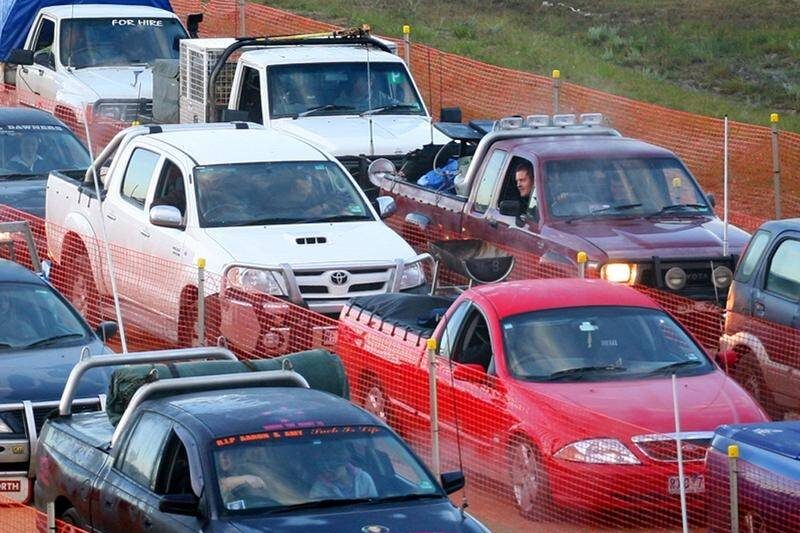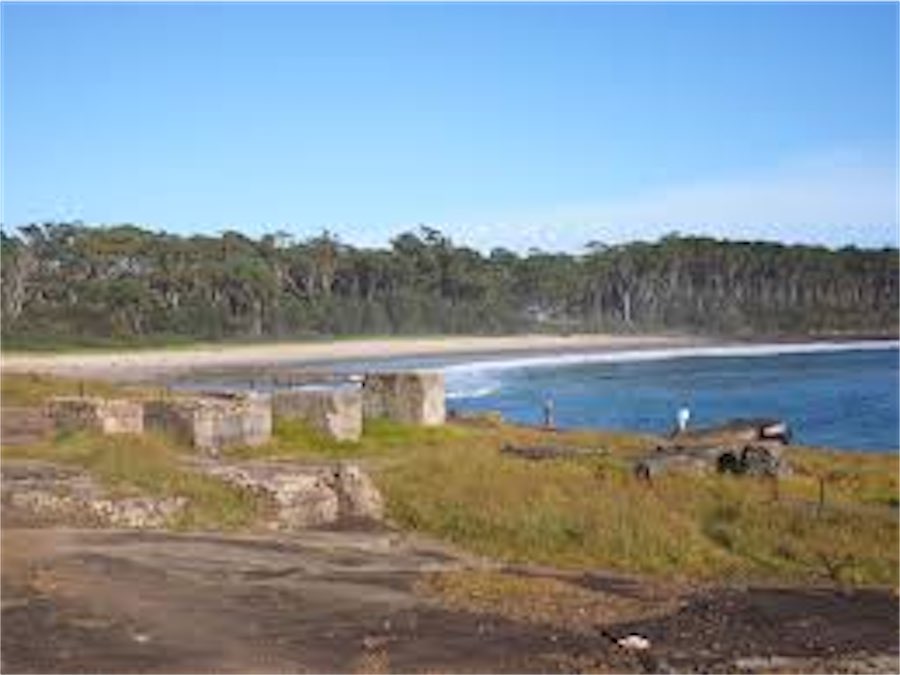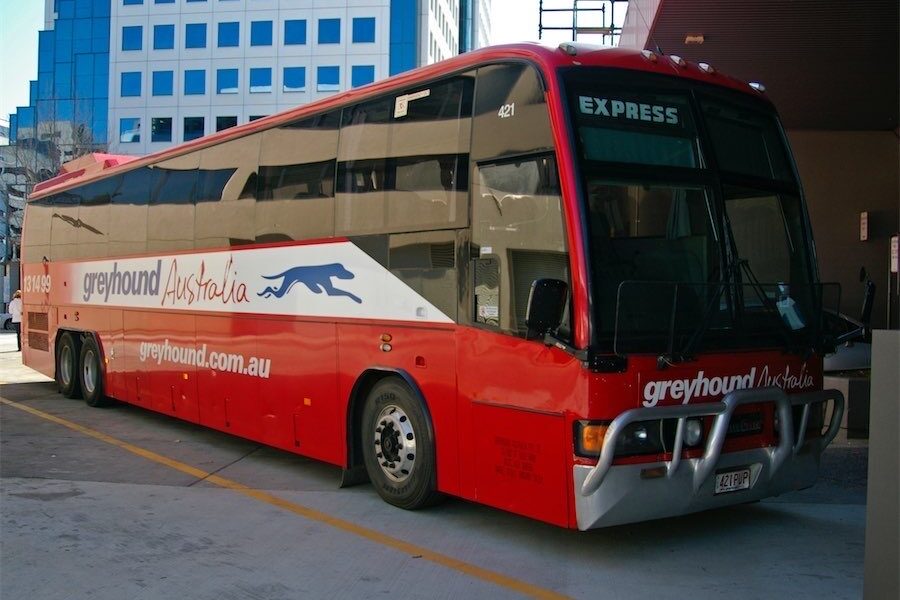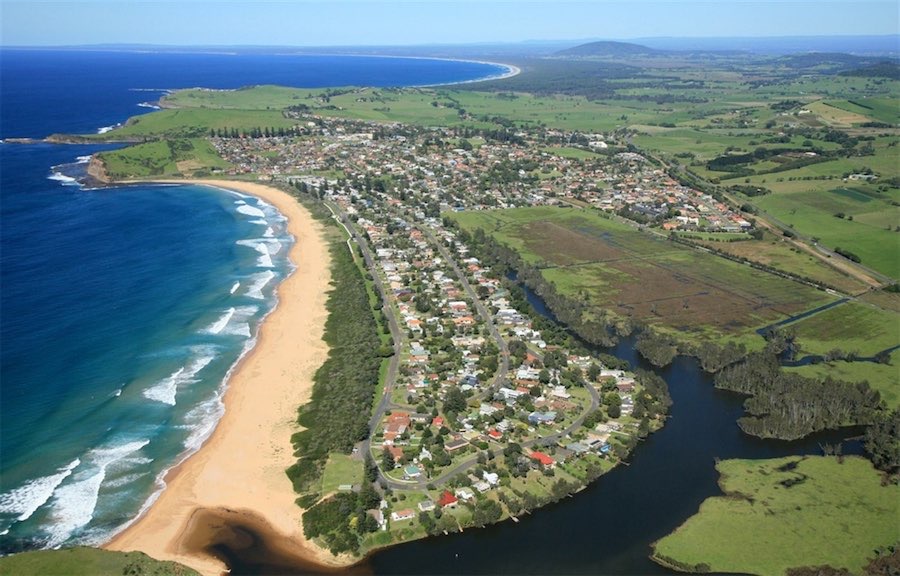
By Jennifer Dudley-Nicholson in Sydney
Warnings the price of utes and large SUVs will soar and cost Australians $2.21 billion in 2025 have been slammed as “scaremongering” and an attempt to mislead motorists about the impact of a fuel standard.
Environmental and electric vehicle groups have rejected claims made in the wake of the federal government’s New Vehicle Efficiency Standard proposal this week.
They say price hikes for even the thirstiest petrol and diesel vehicles would only be possible if automakers ignored several opportunities to avoid fines.
Industry experts also say the government may need to do more to raise public awareness before a standard is introduced, to help Australian motorists understand what the proposed changes could mean for them, the market and future vehicle purchases.
Federal Transport Minister Catherine King and Energy Minister Chris Bowen on Sunday revealed the government’s plans to introduce a new vehicle standard, launching a public consultation on potential models, with plans to introduce the successful standard in January 2025.
The three options include a model with a “slow start” and modest carbon reduction targets, the government’s preferred option that would catch up to the US by 2028, and a more “aggressive” approach that would meet US progress by 2026.
While the government’s proposal was welcomed by a wide group of organisations including the NRMA, Choice and Smart Energy Council, some automotive groups voiced concerns about the scheme.
Australian Automotive Dealer Association chief executive James Voortman says other countries introduced fuel efficiency standards over a longer period of time, and in conjunction with financial incentives.
“On the surface, this is an incredibly ambitious target which will be difficult to achieve, especially for utes and large SUVs,” he said.
“This could have consequences for affordability and vehicle choice.”
Federal Chamber of Automotive Industries chief executive Tony Weber urged the government to share the modelling behind its proposal, and expressed concern that Australians’ love of large SUVs and utes could be put at risk by emissions caps.
“On the surface, the targets seeking a 60 per cent improvement in emissions are very ambitious and it will be a challenge to see if they are achievable taking into account the total cost of ownership,” he said.
On Friday, the group released its own modelling showing that if Australians bought the same 1.2 million cars they purchased last year again in 2026, the policy would impose penalties of $2.21 billion.
Other reports estimated a ute like the popular Ford Ranger could, by 2029, be stung with a $10,000 penalty for exceeding its emission target under the standard.
But Climate Council advocacy head Jennifer Rayner says the claims are misleading and designed to scare motorists about the proposal.
The New Vehicle Efficiency Standard will not set an emissions target for an individual vehicle but across a brand’s entire fleet, Dr Rayner says, so the sale of a high-emission ute could be offset by the sale of a low-emission hybrid or electric car.
Automakers could also import more efficient large vehicles to Australia to avoid penalties, and they will be given the option to bank or purchase emission credits from other brands to meet their target.
“No manufacturer will have to pay fines if they do the right thing and offer a mix that includes the more efficient cars that can see Aussies save on their fuel bills,” she said.
Greenpeace Australia Pacific campaigner Joe Rafalowicz likens fuel efficiency standards to a speed limit, and says automakers would not simply ignore them and should not suggest they would.
“The idea that car companies in Australia will keep speeding down the highway, ignoring the new speed limit, and will then pass their fines on to the customer is disingenuous and flies in the face of evidence about how these schemes work,” he said.
Fuel efficiency standards should also not be new to car brands, Australian Electric Vehicle Association national treasurer Michael Day says, with 85 per cent of the worldwide car market covered by one.
The US, he says, has operated under a fuel efficiency standard for decades and the industry has simply adapted to meet it.
“Has the US ute market disintegrated and do they find it difficult to get utes? One hundred per cent no,” he said.
“What has happened is that market has adapted and grown while we’re stuck in the Dark Ages.”
Mr Day says Australians would benefit from greater education about the proposed standard, how similar rules have worked in other countries, and that it could deliver motorists a greater choice of fuel-efficient diesel utes and petrol SUVs as well as low-emission cars.
“There has been a failure of communication – that EVs will ruin the weekend and all those kinds of comments which are wrong and disingenuous,” he said.
“The types of vehicles are going to change and there will be more electric vehicles but there will also be newer, better utes available that are already out there in other geographies.”
On Thursday, parliament also heard questions from opposition MPs Andrew Wilcox and Ted O’Brien about what they called a “new tax on utes and cars”, and whether the standard would raise their prices.
Mr Bowen rejected the allegations by quoting former minister Paul Fletcher and treasurer Josh Frydenberg’s support for a fuel standard, and later told a Smart Energy Council meeting the comments proved there would still be a battle to introduce the laws in Australia.
“This fight is not over,” he said.
“Until it passes the Senate, it’s not done.”
Who can be trusted?
In a world of spin and confusion, there’s never been a more important time to support independent journalism in Canberra.
If you trust our work online and want to enforce the power of independent voices, I invite you to make a small contribution.
Every dollar of support is invested back into our journalism to help keep citynews.com.au strong and free.
Thank you,
Ian Meikle, editor





Leave a Reply